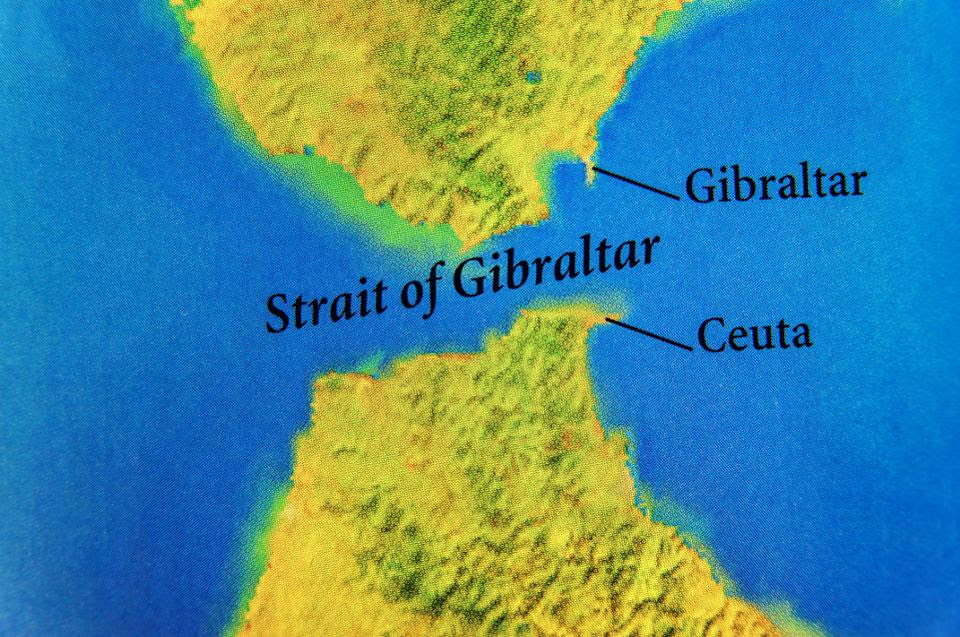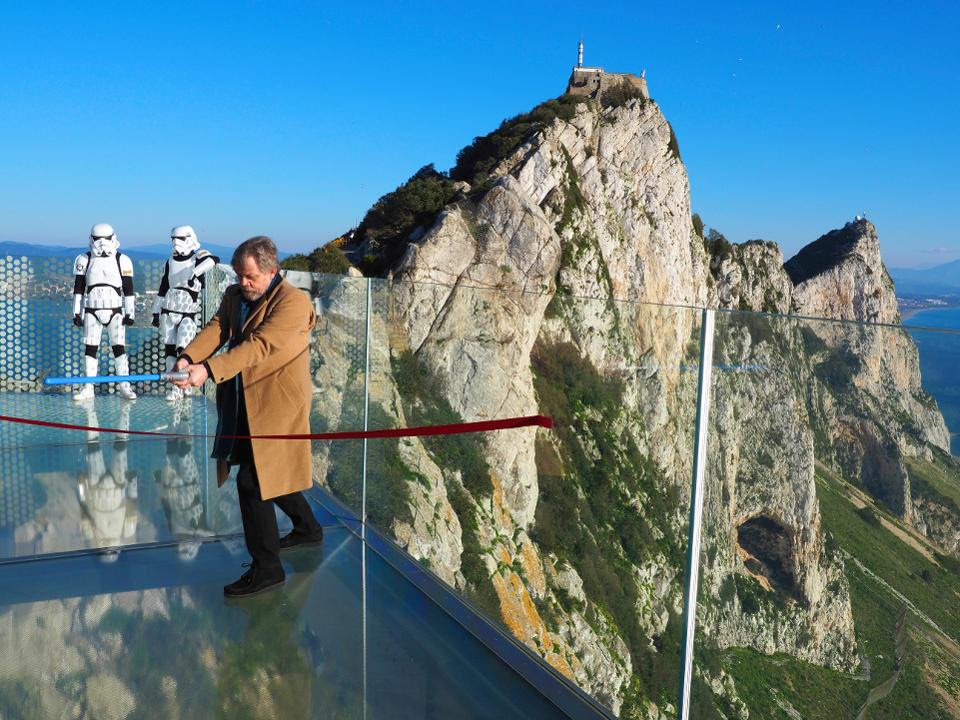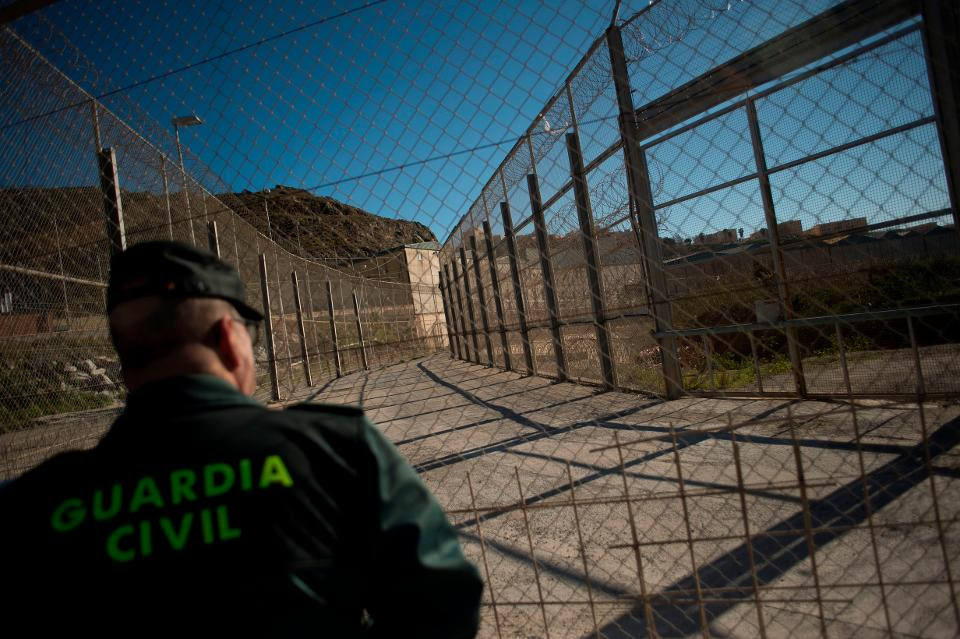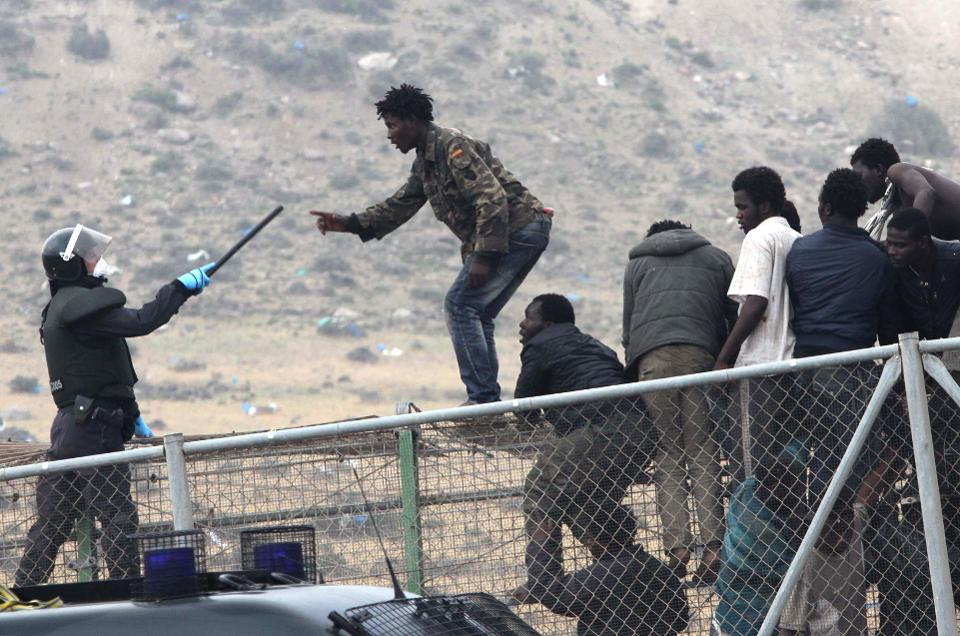Forbes
Francis Tapon
The first time that I ever landed in Africa, I landed in Spain.
It may surprise you to know that part of Spain is in Africa. Although Spain abandoned its major African colonies (Equatorial Guinea and the Western Sahara), it still retains five plazas de soberanía (places of sovereignty) off the African coastline.
The two main ones are Ceuta and Melilla, which are coastal territories connected to Morocco. Spain’s other African lands are military outposts or uninhabited islands. These Spanish territories are a thorn in Morocco’s side.
It’s understandable that Morocco wishes that Spain hand over its remaining land to Morocco. Imagine if the Netherlands still controlled Manhattan or if the Russians held onto Anchorage, Alaska.
In the 20th century, China didn’t like that the UK ruled Hong Kong and Panama didn’t like that the US controlled the Panama Canal. The distant foreigners eventually handed those valuable lands back to the locals.
Morocco has begged Spain to relinquish its tiny African territories, but Spain has always ignored their pleas, which is incredibly hypocritical.
Spain’s hypocrisy
On a clear day, Spain’s hypocrisy is visible. Back in Europe, at Spain’s southern tip, stands an imposing monolith: the Rock of Gibraltar.
Gibraltar and Ceuta: Twins separated at birth. (Credit: Shutterstock)
Before boarding my ferryboat to Africa, I climbed to the top of this 426-meter granite monolith. On a cloudless day, you can see the African continent from the summit; it’s just 15 kilometers away.
You might think Spaniards would find it sweet to gaze at their African territory from the top of the Rock of Gibraltar. Instead, for them it’s bitter.
Why?
Because the Rock of Gibraltar and a small amount of land surrounding it doesn’t belong to Spain. It belongs to the United Kingdom.
This thorn in Spain’s side has irked the Spaniards for over 300 years. They argue that the Brits ought to completely vacate the Iberian Peninsula. The Spaniards cry, “You lads wanted Brexit, right? So why don’t you Brits exit all of continental Europe, including Gibraltar!”
The Britons prefer to hang onto this strategic real estate, which overlooks the narrow mouth of Mediterranean Sea. The Spaniards are just as furious with the Brits as the Moroccans are with the Spaniards. However, the Spaniards don’t see the parallel.
Actor Mark Hamill opens a skywalk attraction overlooking the top of the rock of Gibraltar on March 21, 2018. (AP Photo/Donovan Torres)
Four years after standing on the Rock of Gibraltar, while hiking up Kilimanjaro, I asked a Spanish couple if they saw the hypocrisy of their government’s position. I told them, “By 1975, Spain had relinquished all its other African territories. Why did it hold onto to those scraps of land in Morocco? And why should they fault the UK for doing the same to Spain?”
“Because it’s not the same thing,” the Spaniard explained. “The British took Gibraltar around the same time that Spain established its African colonies. But Spain had those lands next to Morocco for over 500 years! We acquired Melilla and Ceuta after we pushed the Muslim invaders out of Spain and back to Africa. We established those lands long ago. They’re as old as Spain itself.”
His statement had errors. It’s true that Spain established Melilla (1497) and Ceuta (1580) before the current Alaouite dynasty (which began in 1666). However, Morocco traces back its political and cultural heritage to the 8th century Idrisid dynasty.
Spain ceded Gibraltar to the UK in 1713, long before the 1880s Scramble for Africa. Why is territory acquired before 1700 legit but land gotten after 1700 after that isn’t?
I said to the Spaniard, “So if somehow those eighth-century Muslim invaders had managed to cling onto a bit of European land, say, the Rock of Gibraltar, Spain would have no problem with them still governing that territory in the 21st century?”
The Spaniard silently examined his trail mix.
A Spanish Civil Guard surveys the border fence between Morocco and the Spanish North African enclave of Ceuta. (Photo: JORGE GUERRERO/AFP/Getty Images)
Locals in all these Mediterranean semi-enclaves have consistently and overwhelmingly voted to retain the status quo. Spain points to this fact whenever Morocco annoys them. Spain staunchly and self-righteously adheres to the principle of self-determination, except when it comes to Gibraltar and Catalonia.
Hey Spanish guard, would you mind if I jump your fence? After all, I’m African and your territory is in Africa. (AP Photo/Fernando Garcia)
With Brexit, the spotlight is back on Gilbratar. Given how Spain is fighting to retain Catalonia, snatching Gilbratar is the last thing on Spain’s mind. Still, Spain is trying to convince the UK to jointly manage Gibraltar’s airport. Furthermore, they would like to team up to combat tax fraud. They want to settle before October 2018, when other Brexit deadlines loom.
The most equitable solution
The solution is obvious. What’s needed is an international treaty whereby Spain gives Morocco its five tiny African territories and the UK simultaneously hands Gibraltar to Spain. That should satisfy Spain and Morocco.
But wait. What would the UK get out of the deal?
That’s easy. Give them Catalonia.
OK, maybe not.
How about Guantanamo Bay? That’s a valuable bay in Cuba that the US has been exclusively using since 1903, much to the dismay of Cuba. I’m sure the laid-back Cubans and the easy-going Americans wouldn’t mind giving the flexible Brits Guantanamo Bay. What are friends for anyway?
– Francis Tapon Author of Hike Your Own Hike & The Hidden Europe. Creating The Unseen Africa: a 5-year trip to all 54 African countries. Director of Best Luxury Safaris.











